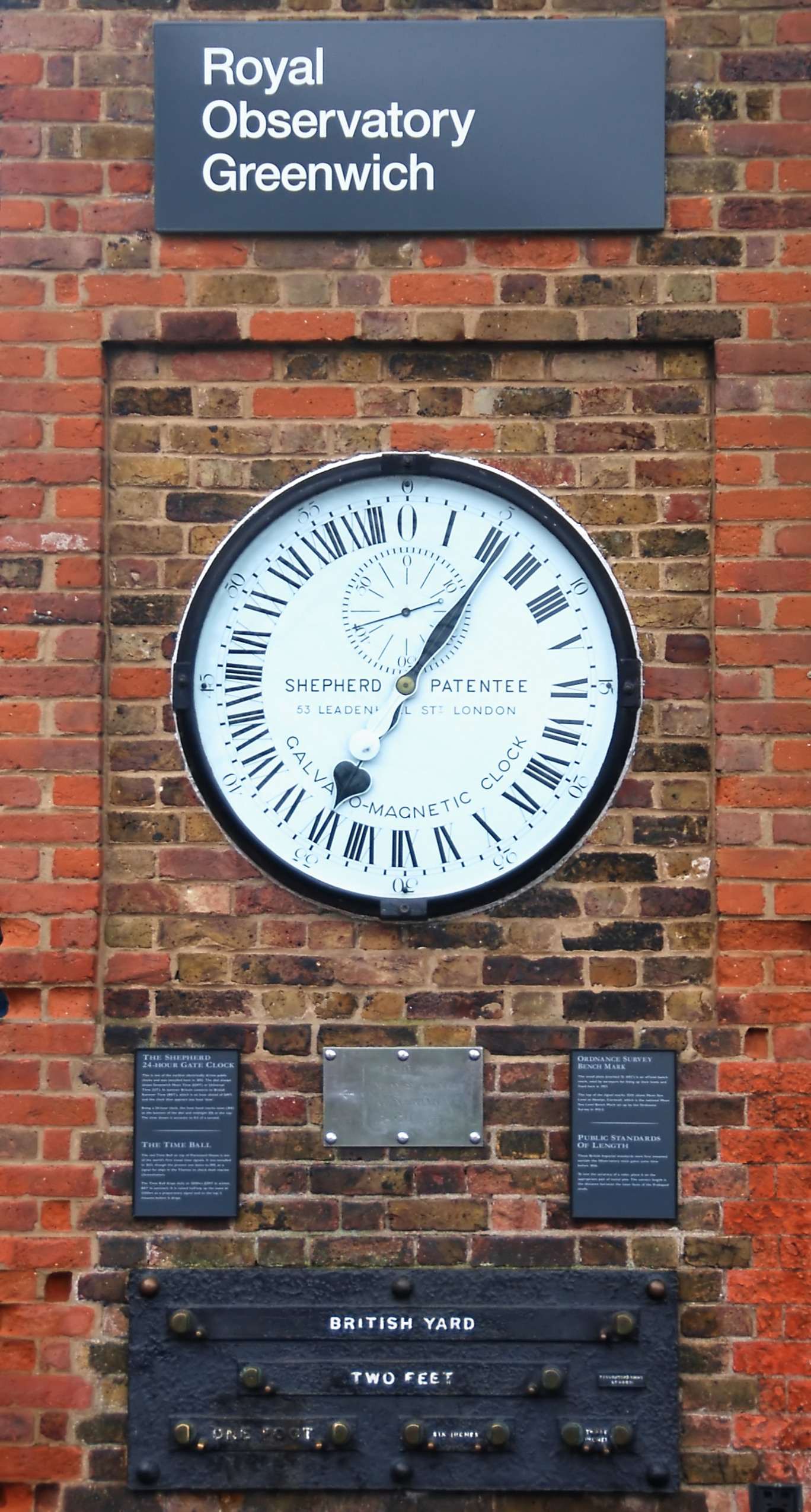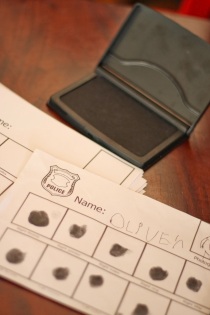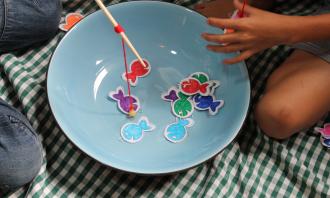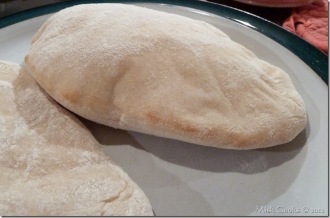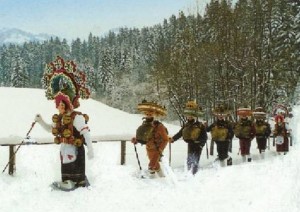Malta Republic Day

Malta has been settled since 5.200 B.C. – as soon as humans arrived, all the dwarf hippos and dwarf elephants died out. Coincidence? The megalithic Ġgantija temples are among the oldest free-standing structures in the world.

The builders left cart tracks in the sandstone in an area now called ‘Clapham Junction’.
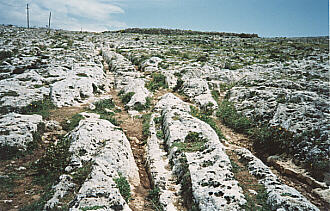
After 2,500 B.C. the humans died out again, until some Bronze Age settlers came from Sicily. Phoenicians and Romans followed.
After 332 B.C. Malta became part of the Carthaginian civilisation, based in the town Carthage in Tunisia. Rome fought with Carthage over Malta in the Punic Wars.
In 58 A.D. Paul the Apostle and Luke the Evangelist were washed up on its shores after a shipwreck.
After the fall of the Roman Empire Malta was invaded a lot, and became part of the Byzantine Empire, adding Greeks to its population.
In 870 A.D. Muslim invasions left the island ravaged and nearly empty until it was recolonised by Sicilian Muslins in 1048-9. They introduced the Siculo-Arabic language that became the Maltese language.
The Normans captured Malta and Sicily in 1091, and it became Catholic again.
It then became part of the Germanic Holy Roman Empire for 1194, but its economy and trade were ruined as it essentially just became a little island fort. Arabs and Muslims were expelled.
Malta was then ruled by the Spanish until 1409. King Charles V gave Malta to an order of Knights Hospitallier who had been kicked out of the Ottoman Empire – they became the Knights of Malta and had to pay an annual Tribute of the Maltese Falcon.
In 1551 the whole population of the island of Gozo was taken as slaves by Barbary pirates. The Maltese knights withstood an Ottoman siege in 1565 and then fortified Malta even more.
In 1798 Napoleon captured Malta on his way to take Egypt. But his soldiers raided the churches after he left, so the people rebelled and Britain sent its navy to help boot the French out. It then became a British Dominion.
In 1919 British forces fired on a crowd protesting taxes, killing four men – this is still commemorated as Sette Giugno.
During WWII Malta was very close to the Axis shipping lanes and the whole country was awarded a George Cross for bravery – which now appears on its flag.
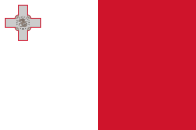
On 21 September 1964 Malta gained independence, and became a Republic on 13 December 1974.
St Lucia National Day
St Lucia Day (northern countries and Italy)










